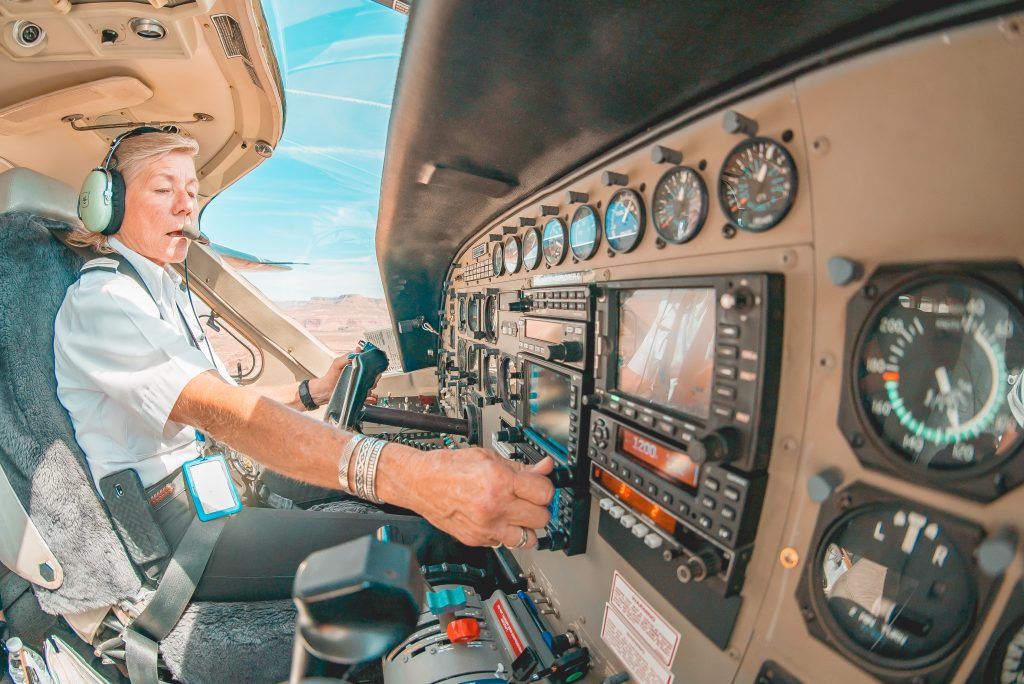According to Republican House leaders, the US House of Representatives will vote next week on legislation that would increase the required retirement age for commercial pilots from 65 to 67 and implement other aviation reforms.
The House bill, which the Transportation Committee passed 63-0 in June, would renew for another five years the Federal Aviation Administration’s (FAA) initiatives for aviation safety and infrastructure. The current power ends on September 30.
Unions and Transportation Secretary Pete Buttigieg are against raising the pilot age limit because they believe it will make operations more difficult.
According to the Air Line Pilots Association (ALPA), this could result in scheduling and training challenges for airlines and necessitate the reopening of pilot contracts.
Even if permitted, most nations outside of the United States would still forbid older pilots from flying due to present international regulations.
On Friday, Buttigieg said on Fox News Radio that “I would want to see a lot more data before we could feel comfortable with any kind of change” to the pilot age restrictions.
Read Also: US Banks Highlight Resilience Amidst Economic Slowdown And Risks
Proposal Aviation Legislation In Focus

According to the Regional Airline Association (RAA), the pilot age raise “allows retention of more experienced captains, who can in turn fly alongside and mentor new first officers, helping to stabilize attrition.”
However, the House version does not enact new regulations sought by President Joe Biden to compensate travelers for delays. It would also prohibit airlines from charging family seating fees.
A proposed Senate amendment would increase runway security, track high-altitude balloons, and quadruple American penalties for violators of aviation consumer laws. No federal legislation specifies the size of airline seats.
On Monday, the House Rules Committee will decide whether to permit votes on amendments, such as one that would forbid airlines from downsizing passenger seats until the FAA establishes a minimum number of seats.
Others would forbid Chinese airlines from flying over Russia, require passenger compensation for lengthy delays, and ban government drone acquisitions.
Read Also: UnitedHealth Stock Jumps After Strong Earnings Despite Mounting Medical Costs
Source: www.reuters.com
